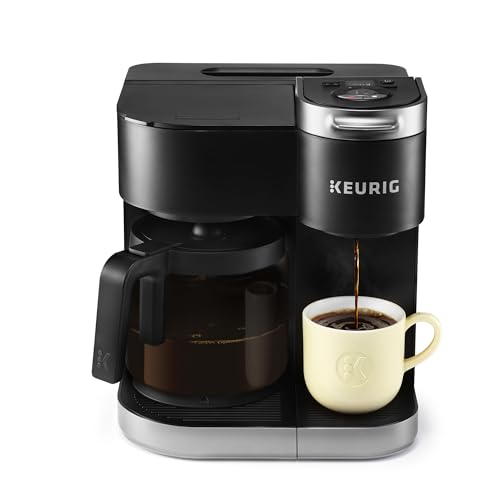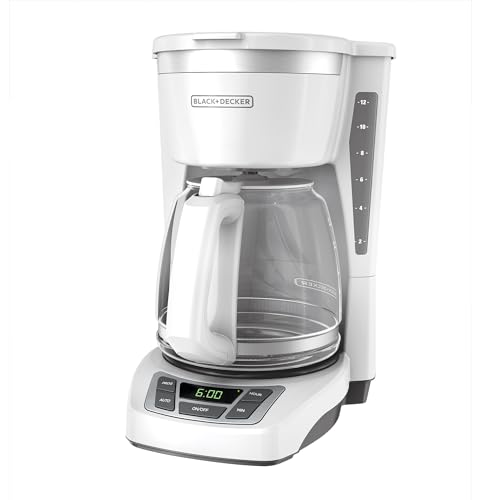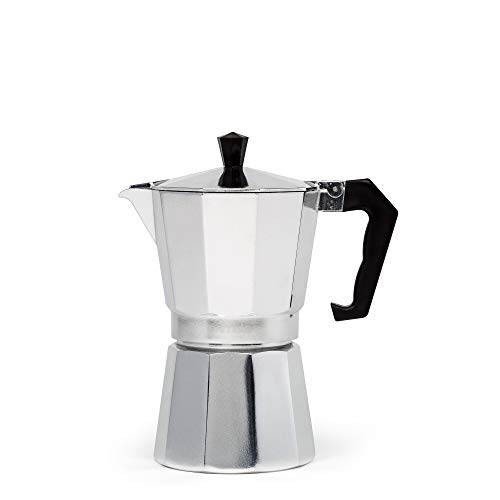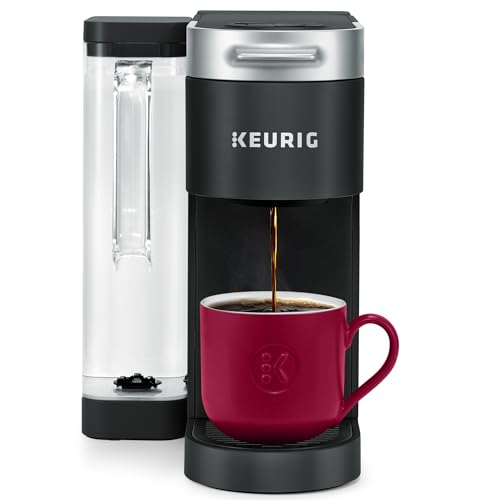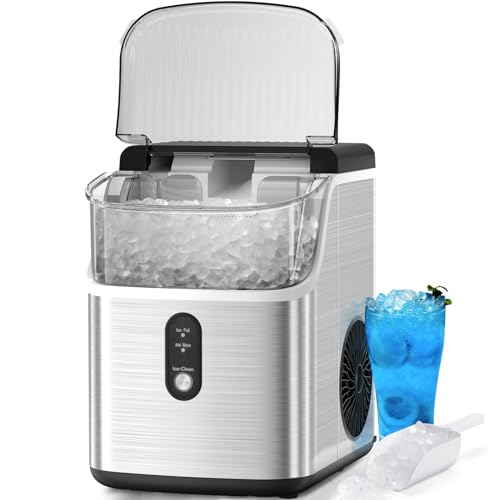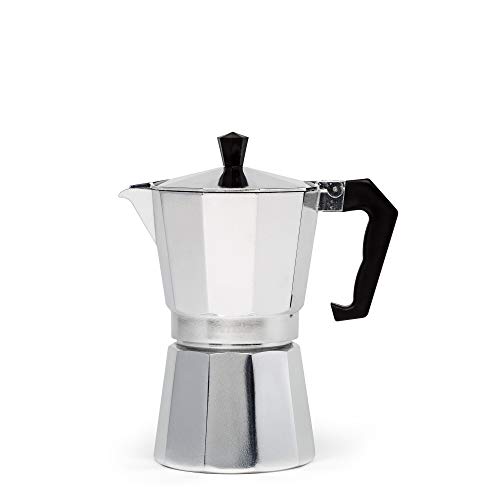“Can Olive Oil Be Refrigerated?” is a question that often arises amongst culinary enthusiasts and health-conscious individuals. This query reflects a common concern regarding the optimal storage conditions for olive oil, a staple in many kitchens due to its rich flavor and numerous health benefits.
Understanding how to properly store this precious liquid is essential for maintaining its quality and nutritional value. In this article, we delve into whether refrigeration is a viable option for olive oil storage.
We aim to offer a comprehensive exploration of this topic, considering factors such as the oil’s chemical composition, potential changes in consistency, and any impact on taste. Prepare to become well-informed about the do’s and don’ts of olive oil storage.
Can Olive Oil Be Refrigerated?
When it comes to the question, “Can Olive Oil Be Refrigerated?”, the answer is yes, it can be. However, it’s not necessarily the most favorable method for preserving its quality.
Refrigerating olive oil can cause it to solidify, developing a butter-like consistency due to the cold temperatures. This doesn’t harm the oil, but it may be inconvenient as the oil will need time to return to a liquid state before use.
Moreover, frequent temperature changes can adversely affect the oil’s flavor profile and longevity. If you decide to refrigerate your olive oil, it’s best to keep it in a tightly sealed container to shield it from exposure to moisture and odors from other foods.
It’s also worth mentioning that high-quality extra virgin olive oil, due to its lower free fatty acid content, is more resistant to oxidation. This means it can maintain its quality for longer periods, even when stored at room temperature.
In conclusion, while you can refrigerate olive oil, it’s typically best to store it in a cool, dark place, away from direct sunlight and heat. This helps to preserve its quality, taste, and nutritional value, ensuring that it adds not only flavor but also healthful benefits to your meals.
Read more: What Is a Built in Refrigerator?
How to store Olive Oil properly
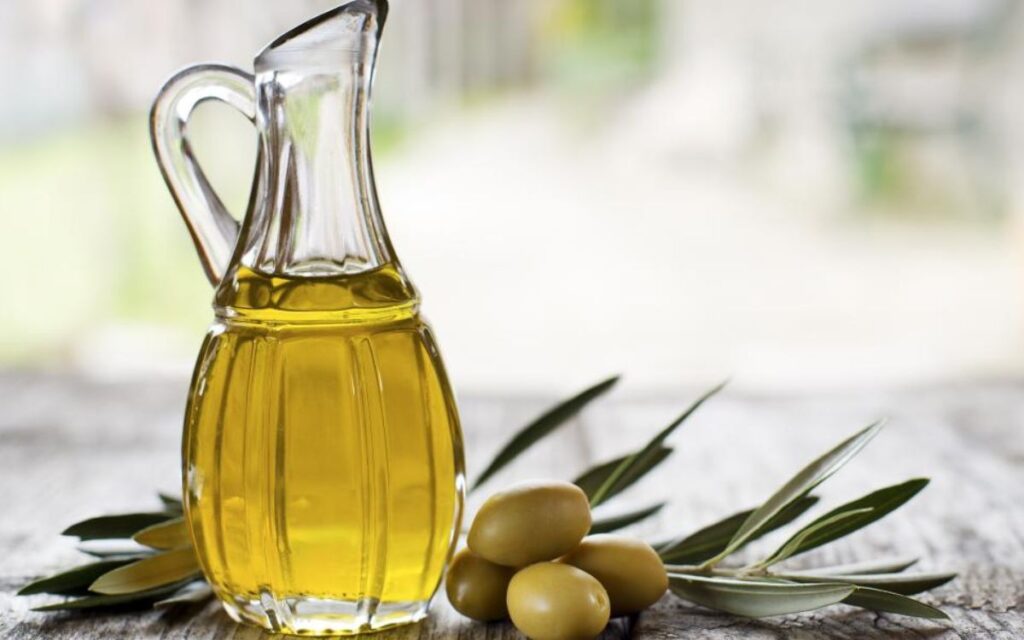
The optimal storage method for olive oil is determined by many factors, not the least of which is its sensitivity to light, heat, and air. These elements can accelerate the oxidation process, leading to rancidity. Therefore, it’s crucial to store olive oil in a suitable environment to maintain its freshness and quality.
Firstly, consider the container. Olive oil is best stored in a dark glass, ceramic, or stainless steel container. These materials help to block out light, which hastens the degradation of the oil. Similarly, the container should have a tight seal to prevent air from entering, as oxygen can also promote oxidation.
It’s also essential to consider the location where you store your olive oil. A cool, dark cupboard, away from heat and direct sunlight, is an ideal storage place. The temperature should ideally be kept between 57 and 70 degrees Fahrenheit.
Avoid storing the oil near a stove or oven, or any location that tends to get hot. It’s equally crucial to keep it separate from strong-smelling foods to prevent the oil from absorbing unwanted odors.
Lastly, olive oil does not improve with age, unlike wine. Therefore, it’s advised to consume it within a year of opening, and within two years from its harvest date. This will ensure you always have fresh, flavorful oil to enhance your meals.
In conclusion, proper storage of olive oil is key to maintaining its taste, nutritional value, and overall quality. With these tips in mind, you’ll be well equipped to enjoy your olive oil at its best.
Common mistakes when storing Olive Oil
There are several common mistakes people make when storing olive oil that can negatively impact its quality. One prevalent error is neglecting to seal the olive oil container properly. Even minimal exposure to air can lead to oxidation, which causes rancidity. So, always ensure the lid or cap is tightly secured.
Another common mistake is storing the oil for too long. People often believe that olive oil, like wine, improves with age. However, this is not the case. Olive oil is perishable and should ideally be consumed within a year of opening, ensuring you experience the fresh, aromatic flavor that olive oil is known for.
Storing olive oil in a clear glass container or in direct sunlight is another error. Light exposure accelerates the degradation of the oil, leading to a loss in flavor and nutritional value. Therefore, it’s best to choose a dark or opaque container and store it away from sunlight.
Lastly, many people are not aware of the importance of temperature control. Keeping olive oil in a warm or hot environment can spoil it quickly. It’s recommended to store olive oil at a cool room temperature, ideally between 57 and 70 degrees Fahrenheit.
In conclusion, proper preservation of olive oil involves being mindful of these common mistakes. By storing olive oil correctly, you can maintain its quality, taste, and nutritional benefits for longer.
FAQs About Refrigerating Olive Oil
There are numerous inquiries associated with the refrigeration of olive oil. This section is designed to answer some of the most frequently asked questions, providing clarity on this often debated topic.
Q: Does refrigeration extend the shelf life of olive oil?
Refrigeration can slow down the oxidation process because it keeps the olive oil at a lower temperature. However, it’s important to note that the act of refrigerating olive oil does not necessarily extend its shelf life significantly.
This is primarily because the key factors that influence olive oil shelf-life are exposure to light, heat, and oxygen. Therefore, it’s typically more beneficial to store olive oil in a cool, dark place in a tightly sealed container.
Q: Can I freeze olive oil?
Yes, you can freeze olive oil, and it will not harm the oil. However, similar to refrigeration, freezing olive oil can often lead to it solidifying and becoming cloudy. Once thawed, the oil will return to its normal consistency and clarity, but frequent changes in temperature can potentially alter the oil’s flavor.
Freezing olive oil can be beneficial if you’ve bought in bulk and want to keep a portion of it fresh for a longer period of time.
Q: How can I quickly bring refrigerated olive oil back to a liquid state?
If you’ve refrigerated your olive oil and it has solidified, simply taking it out of the fridge and leaving it at room temperature will help it return to a liquid state. The time this takes can vary depending on the specific temperature of your room.
To speed up the process, you can also place the container of olive oil in a bowl of warm (not hot) water. It’s important to avoid using a microwave or direct heat source to melt the oil, as this can lead to uneven heating or potentially harm the oil’s quality.
Final Thought
In summary, the question of whether olive oil can be refrigerated is a topic of debate. Some people believe it’s a wise preservation method, while others argue against it. Regardless of your choice, it’s important to understand the potential impacts on the oil’s properties.
Refrigeration can make olive oil cloudy and solid, but this is a temporary state and does not affect its quality. However, keep in mind that frequent temperature changes can potentially impact the oil’s flavor. Remember, the key goal is to protect the oil from the harmful effects of light, heat, and oxygen.
Every culinary enthusiast has a unique preference and storage conditions. Therefore, it’s advisable to experiment to find the method that works best for you. Ultimately, understanding your storage options will ensure that you always have fresh, flavorful olive oil at your disposal. This leads us back to our central question, can olive oil be refrigerated? It’s up to your personal preference and conditions.
